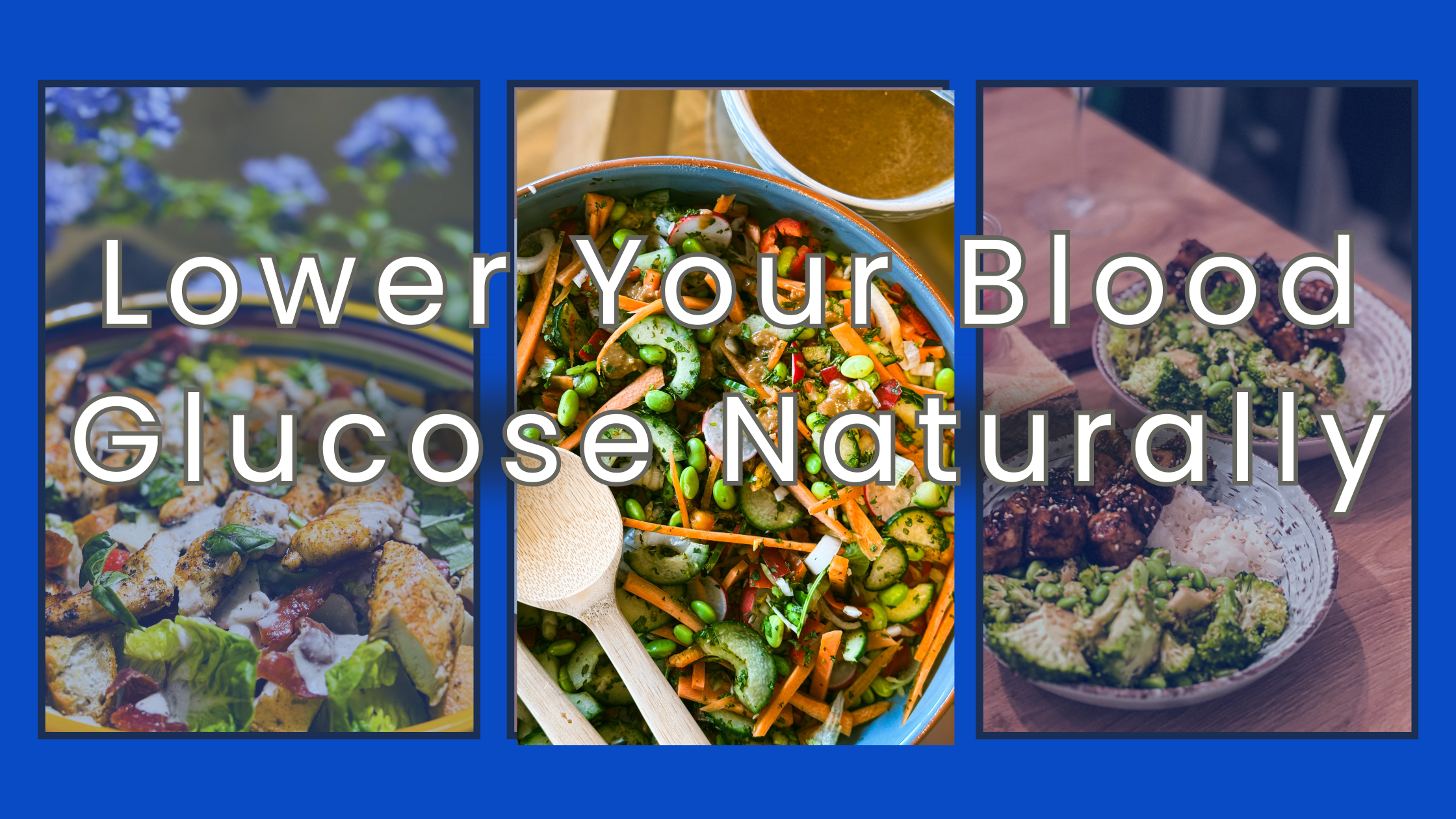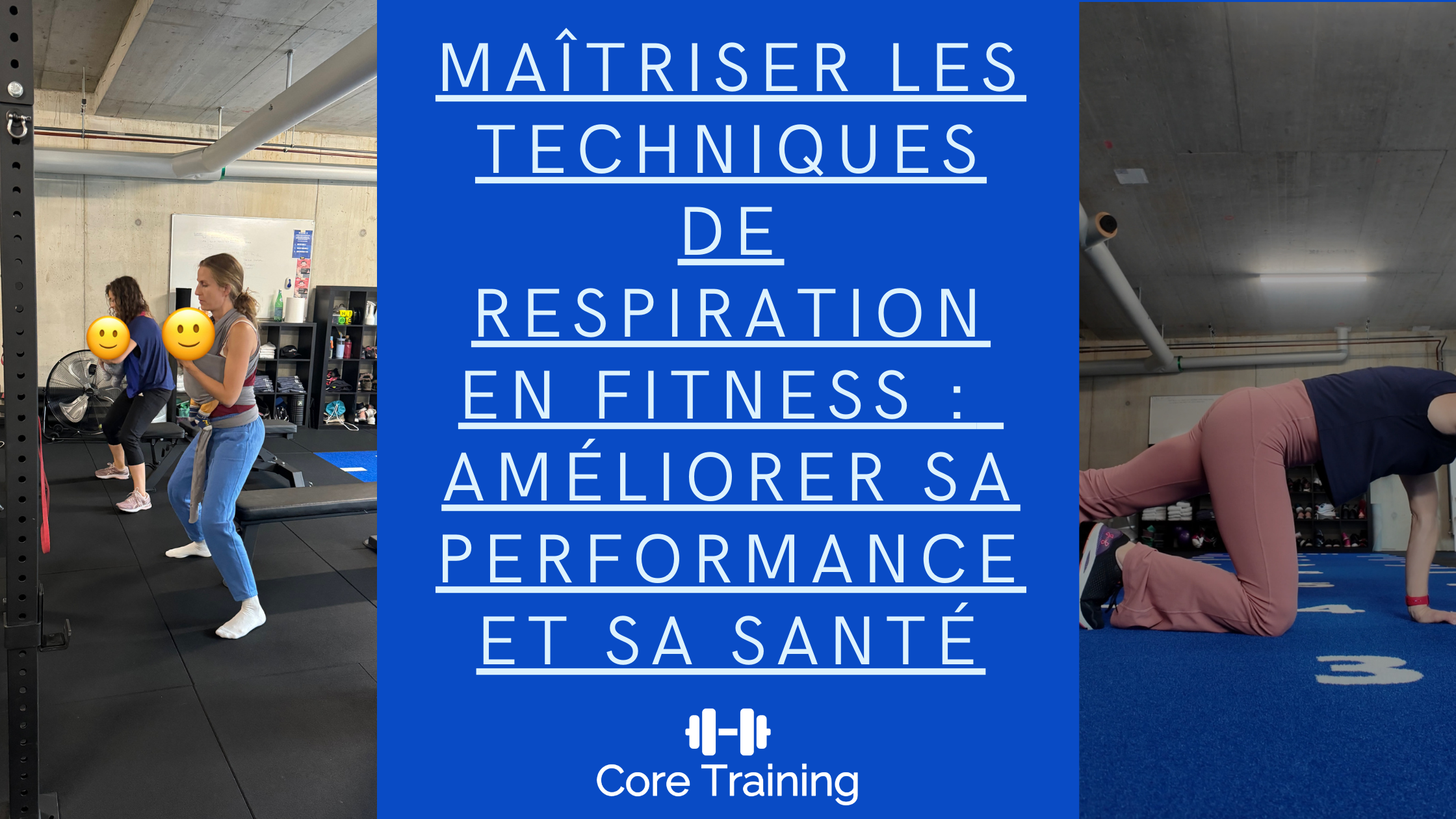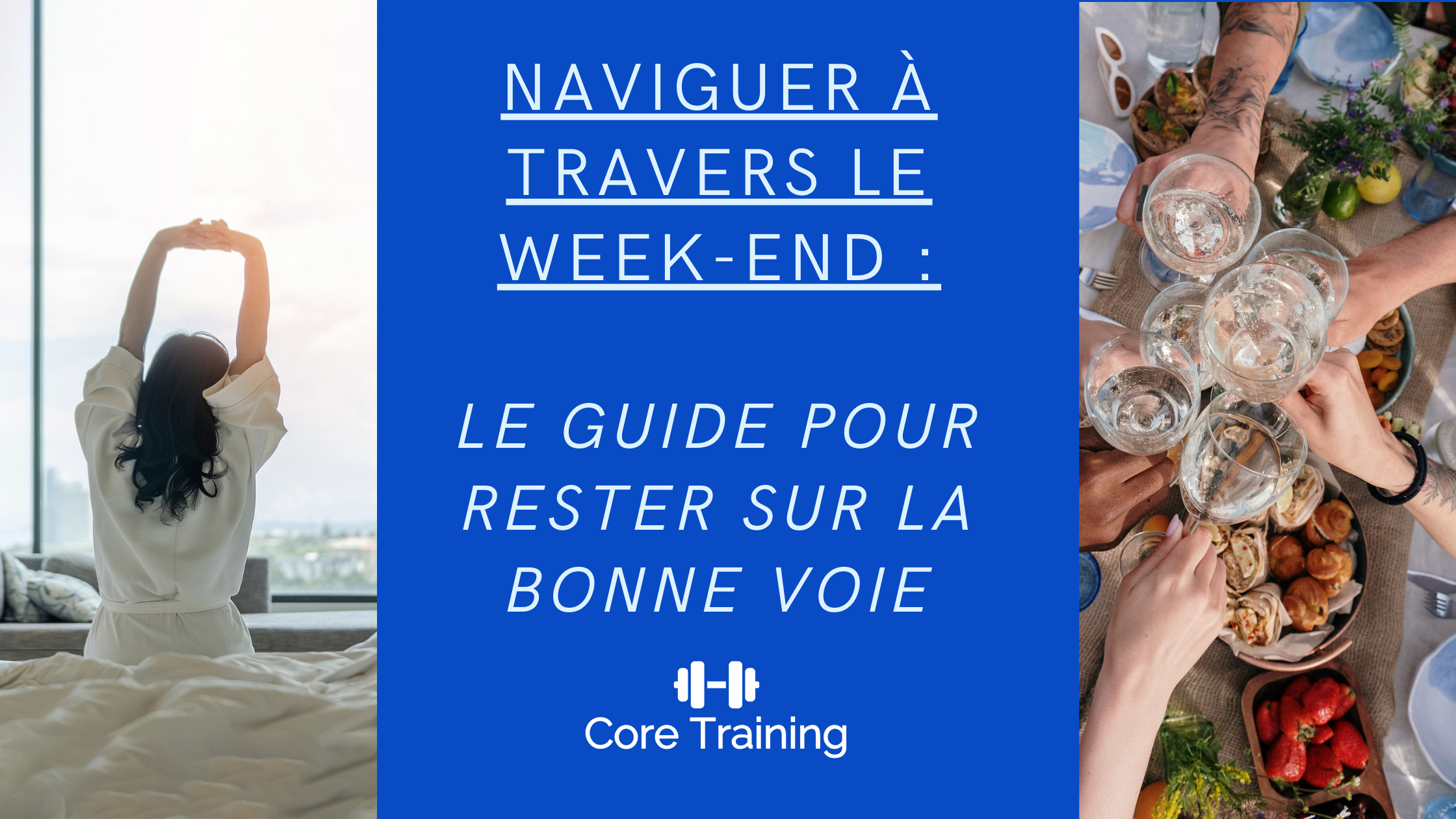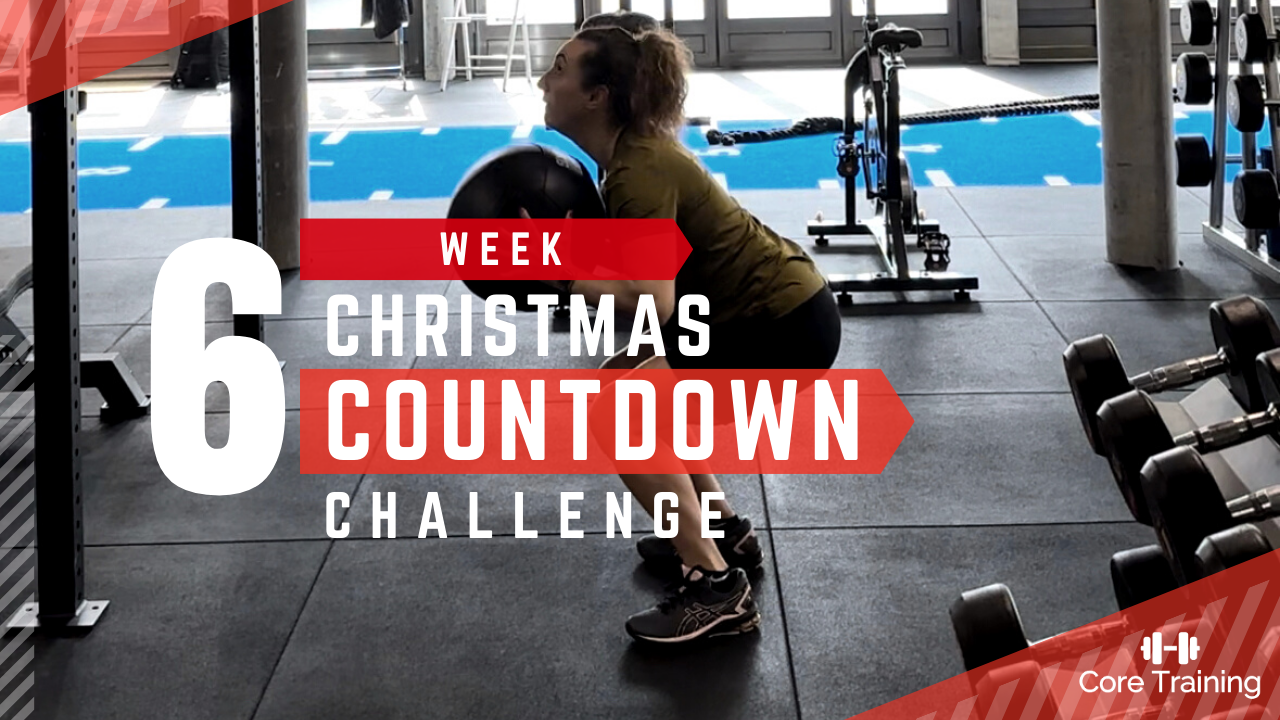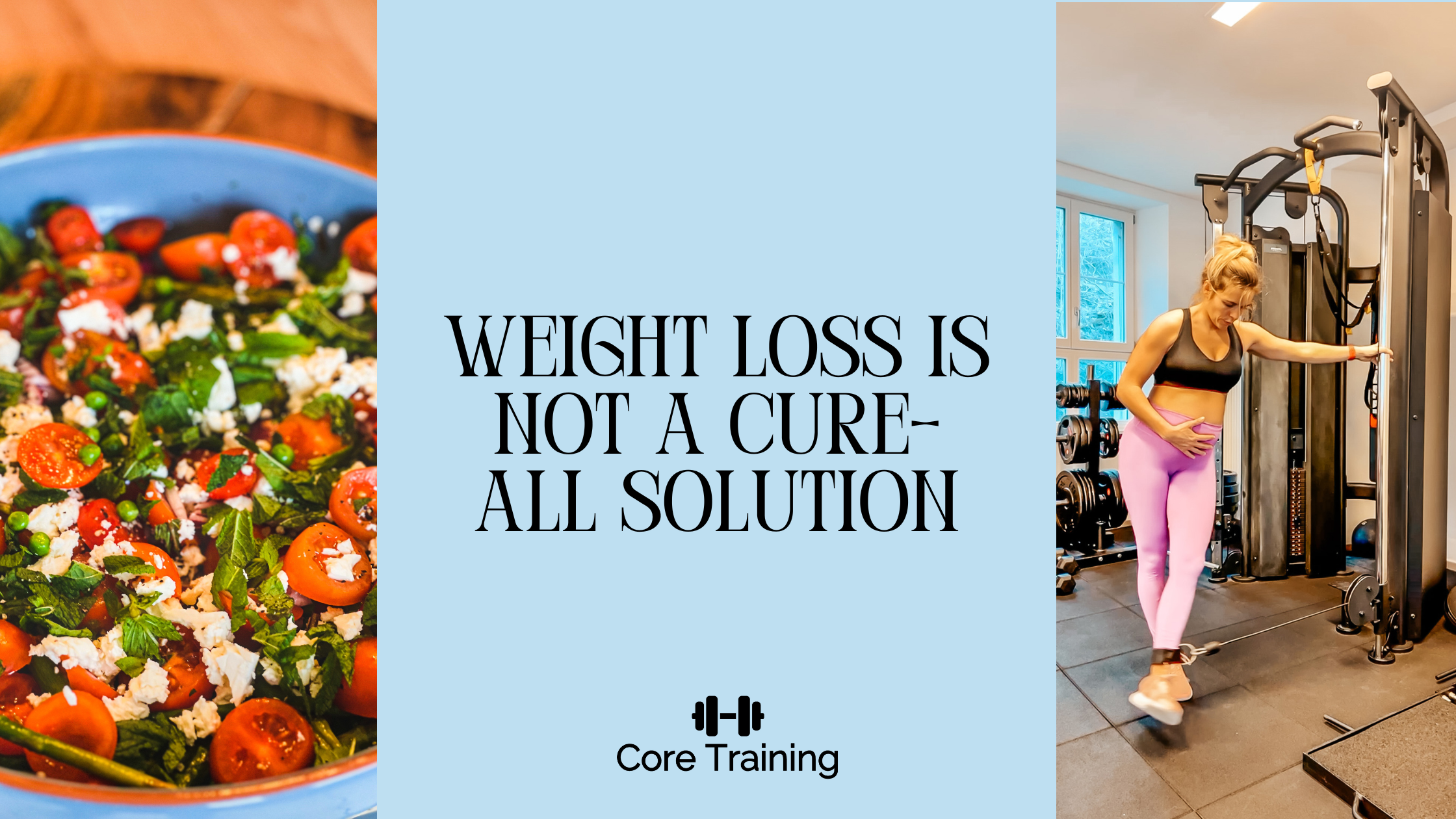Lower Your Blood Glucose Naturally
Each year that goes by, I feel like people are becoming more and more health conscious which is great and will only encourage ageing healthily. But at the same time it can be overwhelming to try and take everything on board.
So I thought a fun little series would be over the next few months to dive into all these “health” things we are told we need to do, simplify them and look at how we can easily take action.
La posture du dos : Mythes et réalités
La posture du dos : Mythes et réalités
Dans notre vie quotidienne, nous entendons souvent des conseils sur la "bonne posture" à adopter pour préserver notre dos. Pourtant, beaucoup de ces recommandations reposent sur des idées reçues qui ne sont pas toujours fondées scientifiquement. Décryptons ensemble les mythes et réalités sur la posture du dos pour adopter les bons réflexes.
The importance of sleep for functional training
Sleep is often underestimated in training programs, even though it plays a fundamental role in progression, performance, and muscle recovery. For Functional Training, understanding the impact of sleep on the body and mind is essential to maximize the benefits of each training sessio
Le Jeûne Intermittent : Réelle révolution ou simple effet de mode ?
Le Jeûne Intermittent : Réelle révolution ou simple effet de mode ?
Le jeûne intermittent (JI) est devenu une tendance majeure dans le monde de la santé et du fitness. Certains le considèrent comme un moyen efficace de perdre du poids et d’améliorer leur bien-être, tandis que d’autres y voient une mode passagère qui ne conviendrait pas à tout le monde. Mais qu’en est-il vraiment ?
Comment lire les étiquettes de produits alimentaires ?
Lors de l'achat d'un produit alimentaire, il est crucial de savoir déchiffrer l'étiquette pour faire des choix éclairés en matière de santé et de nutrition. Voici quelques informations clés à vérifier .
Origine
Pour évaluer la qualité d'un produit et son impact sur l'environnement, il est important de vérifier son origine. Recherchez le pays d'origine, en particulier pour les viandes, les fruits et les légumes, ainsi que les mentions comme "Fabriqué en Suisse" ou "Origine UE / Hors UE".
Il est préférable d'acheter des produits locaux pour soutenir les petits producteurs et réduire notre empreinte carbone.
Travailler sa force après 40 ans : pourquoi c’est crucial ?
Travailler sa force après 40 ans : pourquoi c’est crucial ?
Passé 40 ans, le corps commence à avoir des changements physiologiques qui peuvent affecter la qualité de vie. Parmi ces changements, la perte progressive de masse musculaire (celle-ci décroît d’environ 3 à 8% par décennie à partir de 30 ans). Ce phénomène est appelé sarcopénie. Cette réduction peut entraîner une diminution de force, de mobilité et même augmenter le risque de blessures. Heureusement, il est tout à fait possible de diminuer ces effets en intégrant un travail régulier de renforcement musculaire dans votre routine.
Why strength training should be your New Year’s resolution
New year, new resolution, right ? This is your chance to shake things up and focus on what really counts. There’s no better way to kick off the year than with strength training. It’s not just about looking good, it’s about feeling stronger, healthier, and more confident every single day. Ready to implement your new resolution ? Here are 5 reasons to get you motivated !
Why are carbs important for performance ?
Why are carbs essential for your daily performance and energy ?
Carbs often get a bad reputation, but they are actually your body’s main source of fuel for both your workouts and daily activities. Let’s break them down :
What Are Carbs ?
Carbs are your body’s main source of energy. When you eat them, they turn into glucose (sugar), which is stored in your muscles as glycogen. During exercise, your body uses this glycogen to fuel your muscles and keep you going.
Maîtriser les techniques de respiration en fitness : Améliorer sa performance et sa santé
Maîtriser les techniques de respiration en fitness : Améliorer sa performance et sa santé
L'importance de la respiration dans le fitness
La maîtrise de la respiration joue un rôle crucial dans l'optimisation des performances sportives et l'amélioration de la santé globale. Une respiration correcte soutient les muscles, augmente l'endurance, et favorise une meilleure récupération. En revanche, une respiration inefficace peut limiter l'endurance, réduire la force et ralentir la récupération.Techniques de respiration expliquées
Respiration diaphragmatique
Respiration nasale
La méthode de respiration 4-7-8
Respiration Box (respiration en carré)
Conclusion
Intégrer des techniques de respiration contrôlée dans votre routine de fitness peut considérablement améliorer votre endurance, votre gestion du stress et votre récupération. Ces techniques sont des outils simples mais puissants, soutenus par la science, pour optimiser vos performances physiques et mentales, que vous soyez débutant ou athlète confirmé.
How Nutrition and Exercise Can Support Women Through Menopause
Midlife is a critical time for re-evaluating nutrition habits. By focusing on nutrient-dense foods, managing alcohol and caffeine intake, and supporting bone, cardiovascular, and cognitive health, women can enhance their quality of life and reduce long-term health risks. Small, consistent improvements can make a big difference as women navigate this phase with strength and confidence.
Les avantages de la marche
L’été nous apporte des beaux jours ainsi que de potentielles balades en vue avec les températures qui augmentent. C’est donc le moment parfait pour aborder les différents avantages de la marche sur ta santé physique ainsi que mentale !
Dans un premier temps, abordons les avantages de la marche sur notre santé physique puis ceux sur notre santé mentale.
D’un point de vue physique, la marche améliore ta circulation sanguine, stimule ton système lymphatique et t’aide à combattre activement la sédentarité.
Pourquoi s'entraîner n’est pas la solution clef dans une perte de poids ? Why Exercise Isn't the Key Solution for Weight Loss?
Pourquoi s'entraîner n’est pas la solution clef dans une perte de poids ?
Avant de répondre à cette question, il faut d’abord comprendre les mécanismes de la gestion de poids par notre organisme.
Manger est un besoin primaire. En effet, notre corps fonctionne grâce aux calories qui sont apportées via l’alimentation. Nous possédons chacun un besoin calorique qui nous est propre. Il est défini par notre genre, notre taille, notre poids, la répartition des différents tissus (muscle, gras…) etc. Nous appelons cela le métabolisme de base (MB). Il représente l’énergie minimale dont notre corps à besoin pour assurer ses fonctions vitales au repos. À cela vient s’ajouter différents facteurs externes tels que la digestion, l’activité physique liée au sport et non liée au sport. Nous appelons cela le NAP (niveau d’activité physique).
Naviguer à travers le week-end : le guide pour rester sur la bonne voie
Naviguer à travers le week-end : le guide pour rester sur la bonne voie
Les week-ends sont souvent synonymes de soirées, d’alcool et de sorties pour certains d’entre nous. Sans forcément sortir, ils peuvent aussi entraîner un manque de structure et des perturbations dans notre routine mettant à mal nos objectifs. Et lorsque l’on veut se remettre en forme et prendre soin de sa santé, ça peut être un véritable challenge pour changer certaines habitudes.
Pourquoi ce n’est pas nécessaire de faire un régime en janvier.
Noël, le réveillon, le jour de l’an… Toutes ses fêtes entraînent généralement de nombreux repas en famille ou entre amis. Et ça tombe bien, parce que c'est exactement le but de ces fêtes. Célébrer des moments de partage dans la joie et la bonne humeur durant une période de l’année qui peut être difficile pour certains (le froid, le manque de soleil, dépression saisonnière, etc.)
Avec tous ses repas, et l’alcool qui va avec, on peut être tenté de faire un régime pour “compenser” l’excédent calorique de cette période. Mais, pour plusieurs raisons que nous allons aborder, ce n’est pas la bonne stratégie à appliquer :
6-Week Christmas Countdown Challenge
Are you ready to make this holiday season truly special?
Join us on a journey to transform your health and fitness, and discover the joy of exercise like never before!
Our 6-Week Christmas Countdown Challenge is here to make sure you finish the year strong and step into the holidays with confidence and vitality.
When: Monday, October 30th to Sunday, December 10th
What's Included:
5 Tips for Tired Parents
“It’s been a hard day’s night,” sang the Beatles...and tired parents get it! Having kids fed, dressed and out the door by 7.30/8 am can feel like a day’s worth of work.
And what if your sleep is interrupted? It’s hard to draw on depleted energy reserves day after day, look after your family AND prioritise your own health and fitness.
So here we have 5 tips to help you build your energy reserves and create some balance in your everyday life.
5 reasons September is THE month to set smart goals you’ll stick to
As we all know, most people use January to set themselves new goals. Whilst this makes sense as January symbolizes a fresh start and a new year, September may in fact be a better time to set goals. September is the start of a new academic year, a new season, and to me is a great time to set goals as we haven’t quite hit the darker colder days yet and therefore I am more likely to build better habits in autumn than in the depths of winter.
Weight loss is not a cure-all solution!
Many diets often focus their attention purely on numbers on a scale, with no consideration -and potentially at the expense- of your overall heal or psychological wellbeing. I am nearly a decade deep working in the fitness industry and to this day, the speed the diet industry churns out brand new ways of trying to extract money from you is pretty impressive!
Stress Awareness Month
I am sure we are all no strangers to stress and with April being stress awareness month, I thought I would get a blog post out about stress and how certain healthful habits can help us manage our stress and the impact it has on our health. Talking about stress and its effects are so important and I think the effects that too much stress can have on someone have been grossly underestimated. Stress can impact ones mental, physical and emotional wellbeing and it is important to be able to talk about stress.
Every body is a summer body!
This image is taken from an actual advert to join a gym in 2022! To be honest I was shocked when I saw this ad, and to be honest it makes me sad that they are plastering this all over Switzerland - because even if you claim you can ignore these advertisements, the message does get through on a subconscious level.

